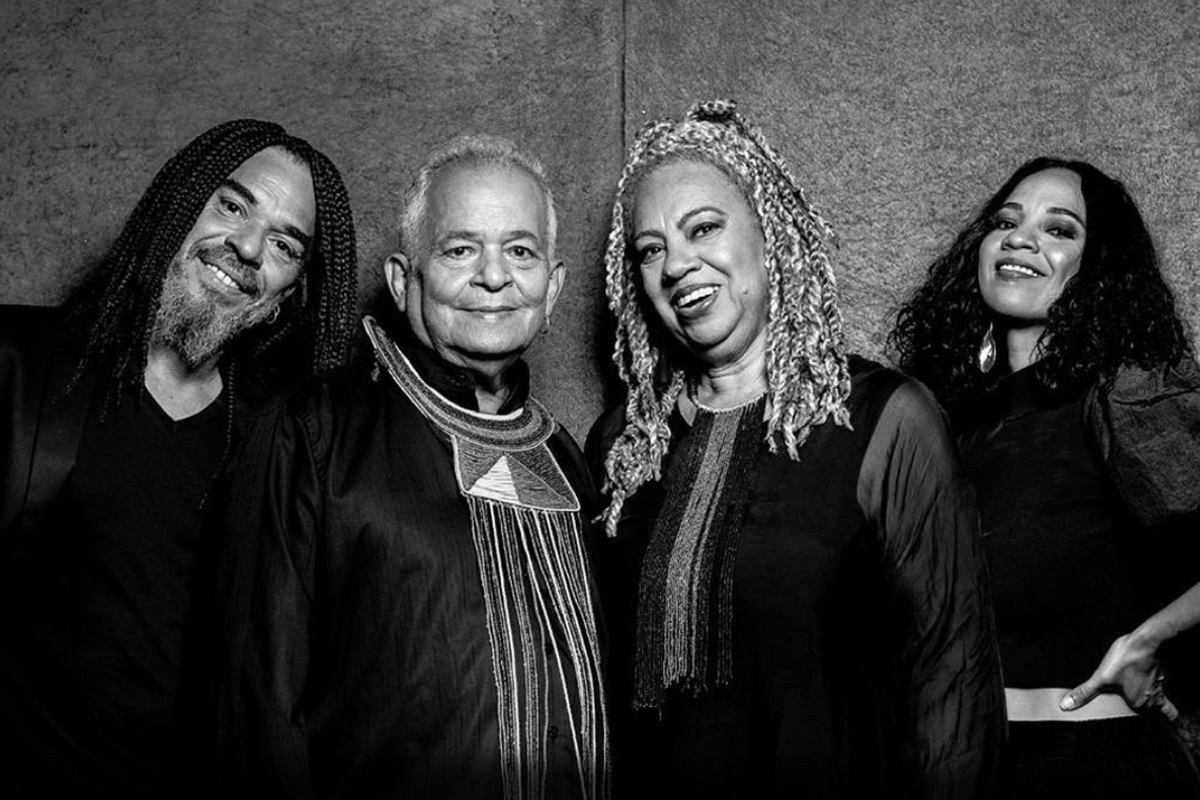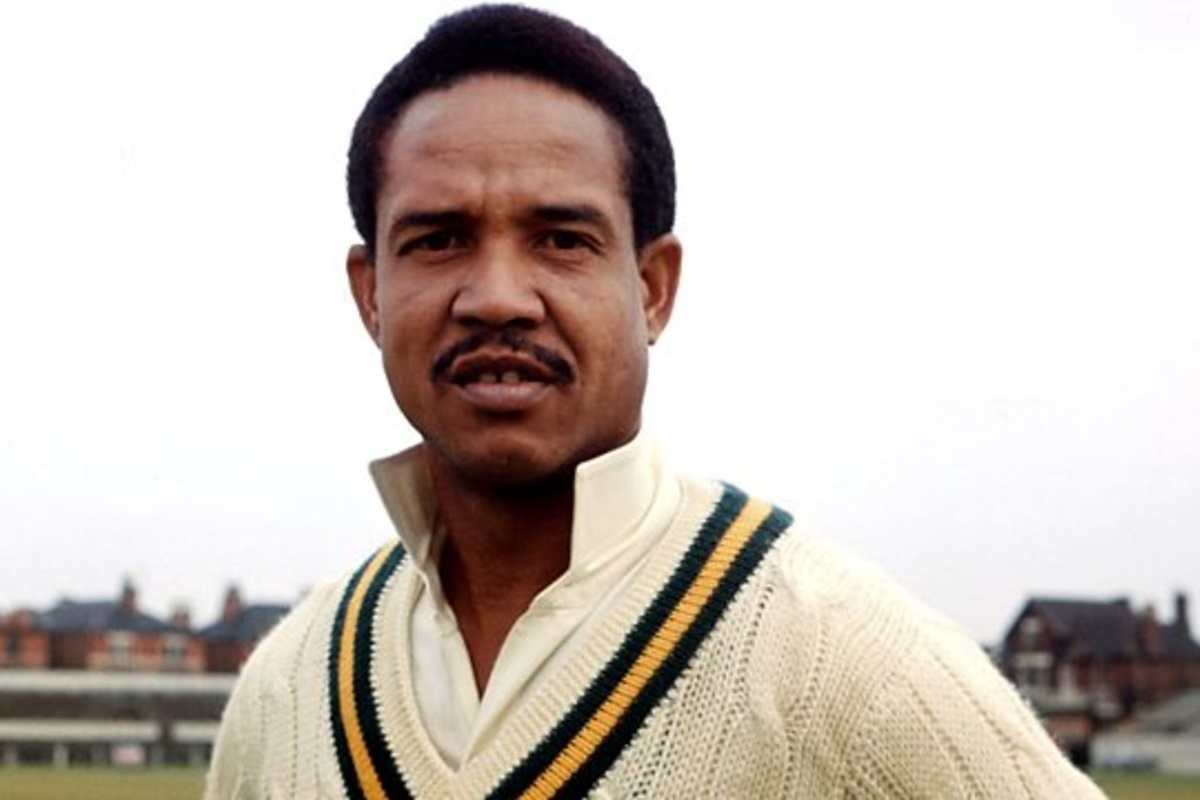Canada’s rise from World Cup returnees in 2022 to co-hosts of the 2026 tournament is one of international soccer’s most compelling modern stories. After a 36-year absence from the sport’s biggest stage, the Canadian men’s national team not only made a long-awaited return but now stands ready to welcome the world to home soil for the first time.
Qatar 2022: Painful Lessons, Glimpses of Promise
Canada’s performance at the 2022 FIFA World Cup in Qatar was both historic and humbling. Under the leadership of coach John Herdman, the team had powered through CONCACAF qualifying with an exciting, attacking style, capped by a 4-0 win over Jamaica that secured their ticket to Qatar.
Once at the tournament, however, the challenges mounted quickly. Canada lost all three group stage matches—against Belgium, Croatia, and Morocco—but not without leaving a mark. In their opening game, they dominated possession against Belgium and created numerous chances. Against Croatia, Alphonso Davies scored Canada’s first-ever goal in a men’s World Cup, just 68 seconds into the match.
Despite the defeats, the experience offered critical lessons. Canada proved it belonged on the world stage, but it also exposed the thin margins and high stakes at the sport’s elite level.
From Herdman to Marsch: A New Chapter
In August 2023, Herdman left his post to take over Toronto FC, closing a transformative 12-year chapter with Canada Soccer. He had previously guided the women’s national team to Olympic success and was widely regarded as one of the most influential coaches in the history of Canadian soccer.

Following a brief interim period under Mauro Biello, Canada Soccer made a bold move in May 2024 by hiring Jesse Marsch. The American coach brought with him experience from Europe’s top leagues, including RB Leipzig, Red Bull Salzburg, and Leeds United. Backed by a unique financial commitment from the owners of Canada’s three MLS clubs, Marsch’s appointment signaled a new level of ambition.
Related content: Canada’s National Team: Prospects and Preparations for World Cup 2026
Tactical Identity and Continental Breakthroughs
Marsch wasted no time implementing his vision. In 2024, Canada reached the semifinals of the Copa América in its debut appearance at the prestigious South American tournament. The team competed fiercely against world-class opponents, including Argentina and Uruguay.
Jonathan David emerged as a central figure during this run, becoming Canada’s all-time leading goalscorer. Meanwhile, Marsch’s high-tempo pressing style—developed through his years in the Red Bull coaching system—brought greater discipline and efficiency on both ends of the field.
Canada’s international schedule has become deliberately demanding. In 2024 alone, the team faced six top-20 FIFA-ranked teams. Additional high-profile friendlies are in the works for 2025 as Marsch continues preparing the squad for the ultimate test.
A World Cup Like No Other
The 2026 FIFA World Cup will be the biggest in history, with 48 teams playing 104 matches across 16 cities in Canada, Mexico, and the United States. Canada will host 13 matches—six in Toronto and seven in Vancouver—including the country’s first-ever men’s World Cup match on June 12, 2026, in Toronto.
As co-hosts, Canada qualifies automatically, giving the team a rare window of uninterrupted preparation. The benefits of playing at home—familiar venues, passionate crowds, and reduced travel—could prove invaluable.
A Golden Generation and Rising Stars
The current squad features some of the best talent Canada has ever produced. Alphonso Davies (Bayern Munich), Jonathan David (Lille), Tajon Buchanan (Villarreal), Stephen Eustáquio (FC Porto), and Alistair Johnston (Celtic) form a European-based core. With an average age just under 26, most will be in their peak years by 2026.
The pipeline of talent is growing. Moïse Bombito (OGC Nice), Ismaël Koné (Marseille), and Jacob Shaffelburg are just a few names pushing for inclusion. Development initiatives like the Player Development Program Championship and Canada Soccer’s EXCEL stream are helping to deepen the talent pool.
The Canadian Premier League, launched in 2019, is also beginning to feed players into the national team system, offering critical match experience and domestic development opportunities.
The Road Ahead: Challenges and Opportunity
The expanded 48-team format of the 2026 World Cup presents both opportunity and difficulty. Canada will face world-class competition early in the tournament and must show it can hold its own.
Squad depth will be crucial. While Canada boasts elite starters, maintaining performance across a grueling month-long competition will test the group’s resilience. Marsch’s emphasis on tactical clarity, fitness, and mental preparation will be essential.
A Nation Ready to Dream
From a 36-year World Cup drought to co-hosting the world’s biggest sporting event, Canada’s soccer journey has reached a pivotal moment. With a talented roster, an experienced coach, and a once-in-a-lifetime home advantage, the stage is set.
Whether Canada can deliver a true surprise will depend on how success is measured. Advancing beyond the group stage, competing toe-to-toe with elite teams, and inspiring a new generation of fans would be monumental in themselves.
The countdown is on. The world will be watching. And Canada is ready to take its shot.







